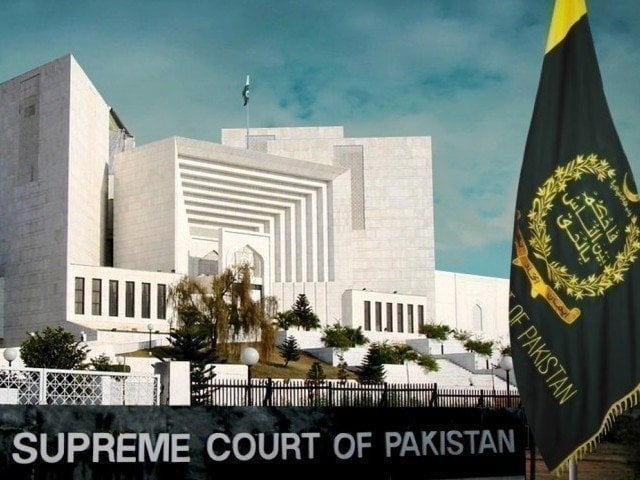Supreme Court of Pakistan Hears IHC Judge Transfer Case
The Supreme Court's decision will provide clarity on the interpretation of Article 200 and its application to judicial transfers, which will have a bearing on the seniority list of judges and the role of the President in transferring judges, ultimately affecting the functioning of the judiciary.

A five-member constitutional bench of the Supreme Court of Pakistan has adjourned the hearing of the Islamabad High Court (IHC) judge transfer case until Thursday, with the central question revolving around the interpretation of Article 200 of the Constitution and whether a judge's transfer is considered permanent or temporary.
The case involves a joint petition by five IHC judges, who argue that three transferred judges should not be treated as IHC judges until they take a fresh oath under Article 194, read with Schedule III of the Constitution. The Advocate General for Punjab argued that judges' prior service and transfers had historically been accepted, but the judges' seniority list was compiled based on appointment dates. However, senior counsel Barrister Salahuddin Ahmed countered that Article 200 applies only to subsection 3 of the Constitution, and that a judge's seniority is affected when transferred to another high court, similar to the civil service.
Justice Muhammad Ali Mazhar of the Islamabad High Court (IHC) observed that the Constitutional Bench will not make a decision that could be perceived as amending the Constitution. The court also discussed the role of the President in transferring judges, with Justice Mazhar noting that the President's independent mind is not applied in such cases. The bench has clarified that the transfer of a high court judge requires full consensus from all parties involved, including the concerned judge, the chief justice of the respective high court, and the Chief Justice of Pakistan.
The hearing continues, with the court seeking to hear from the Punjab government's lawyer and conclude the arguments by Tuesday. The outcome of this case is expected to have significant implications for the judiciary and the interpretation of the Constitution, particularly with regards to the transfer of judges and the compilation of seniority lists.